Viktoria Cologna
@colognaviktoria.bsky.social
4.9K followers
410 following
66 posts
Group leader - EawagㅣPreviously at Harvard & ETH ZurichㅣTrust in science, science-policy interface, environmental psychology
Posts
Media
Videos
Starter Packs
Pinned
Reposted by Viktoria Cologna
Reposted by Viktoria Cologna
Reposted by Viktoria Cologna
Reposted by Viktoria Cologna
Reposted by Viktoria Cologna
Reposted by Viktoria Cologna
Reposted by Viktoria Cologna
Reposted by Viktoria Cologna
Justin S. Mankin
@jsmankin.bsky.social
· Apr 23
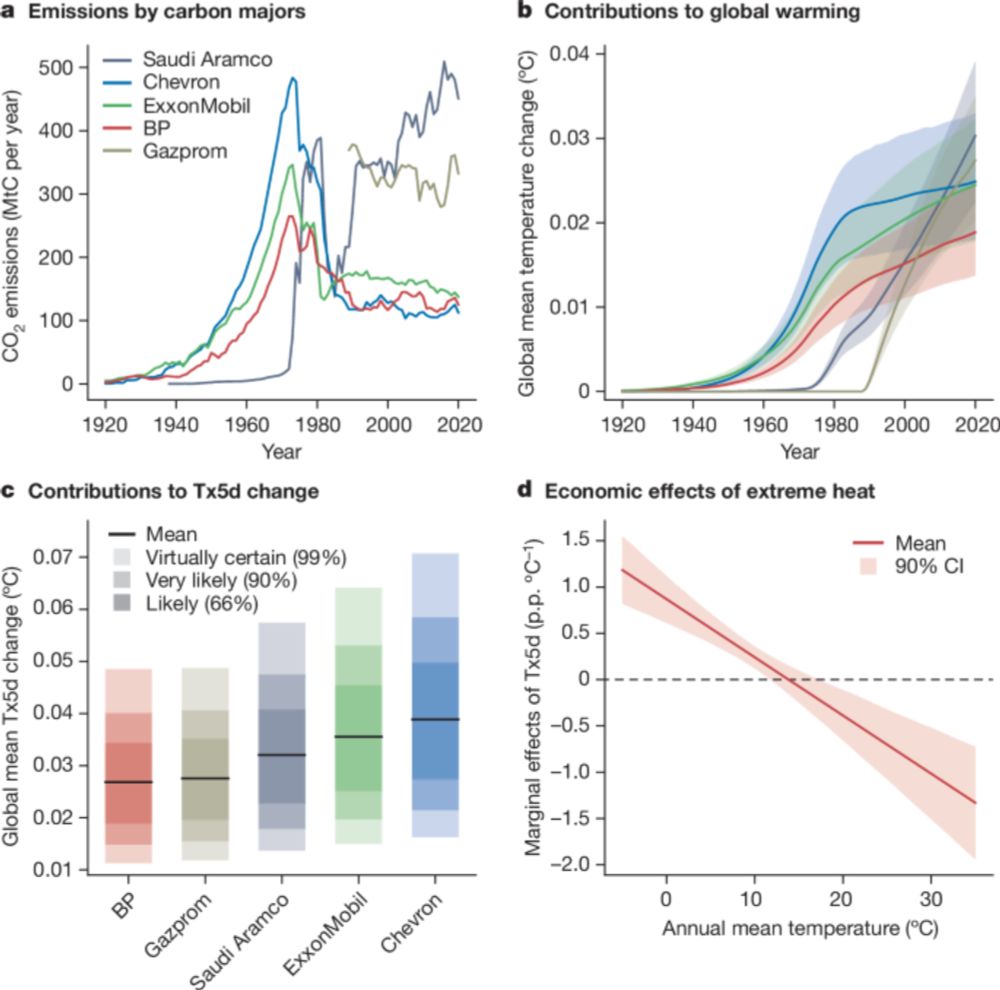
Carbon majors and the scientific case for climate liability - Nature
A transparent and reproducible scientific framework is introduced to formalize how trillions in economic losses are attributable to the extreme heat caused by emissions from fossil fuel companies, whi...
www.nature.com
Reposted by Viktoria Cologna
Reposted by Viktoria Cologna
Peter Gleick
@petergleick.bsky.social
· Apr 22
PLOS Climate
@plosclimate.org
· Apr 10

Green growth beliefs: Investigating factors associated with expert opinions on green growth
Green growth attempts to achieve sustainable development under continued economic growth and is currently one of the leading policy responses to mitigate climate change and prevent environmental colla...
journals.plos.org
Reposted by Viktoria Cologna

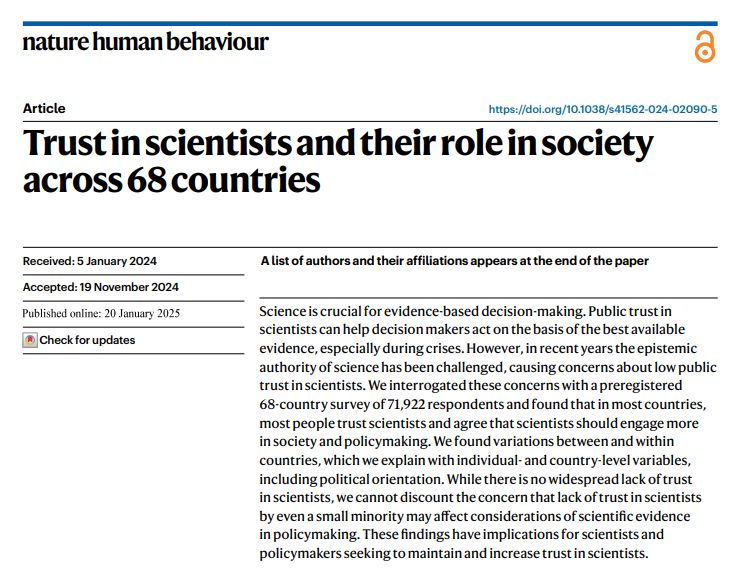
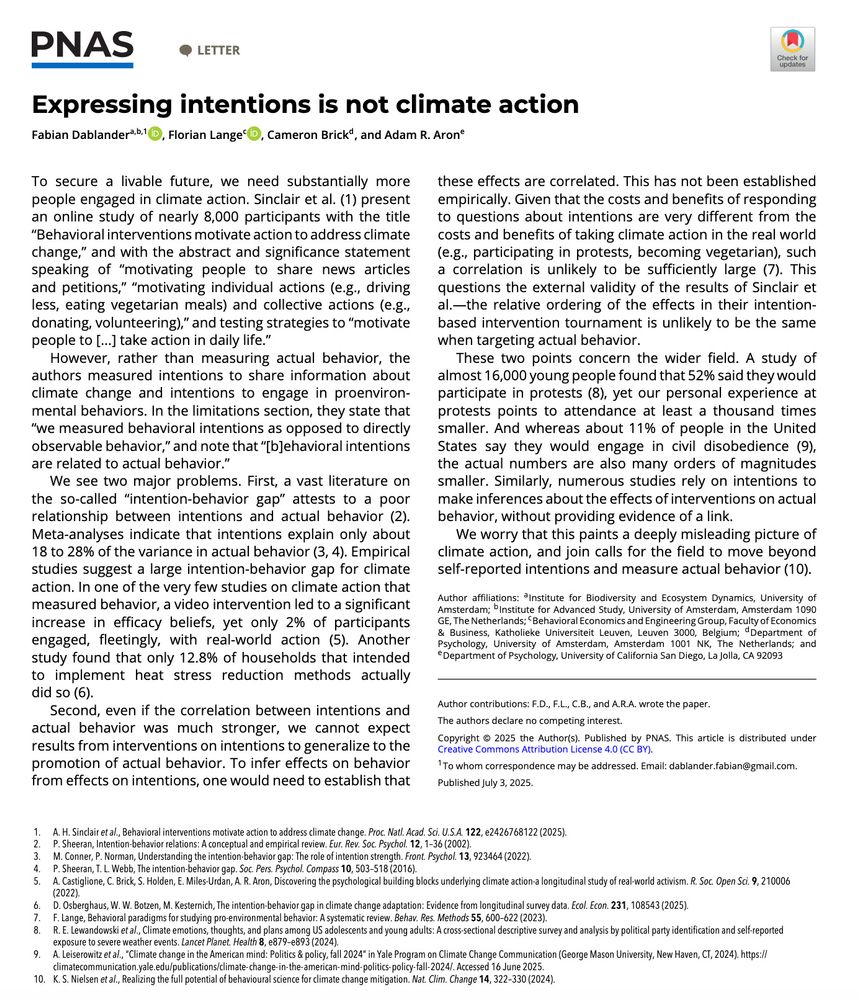
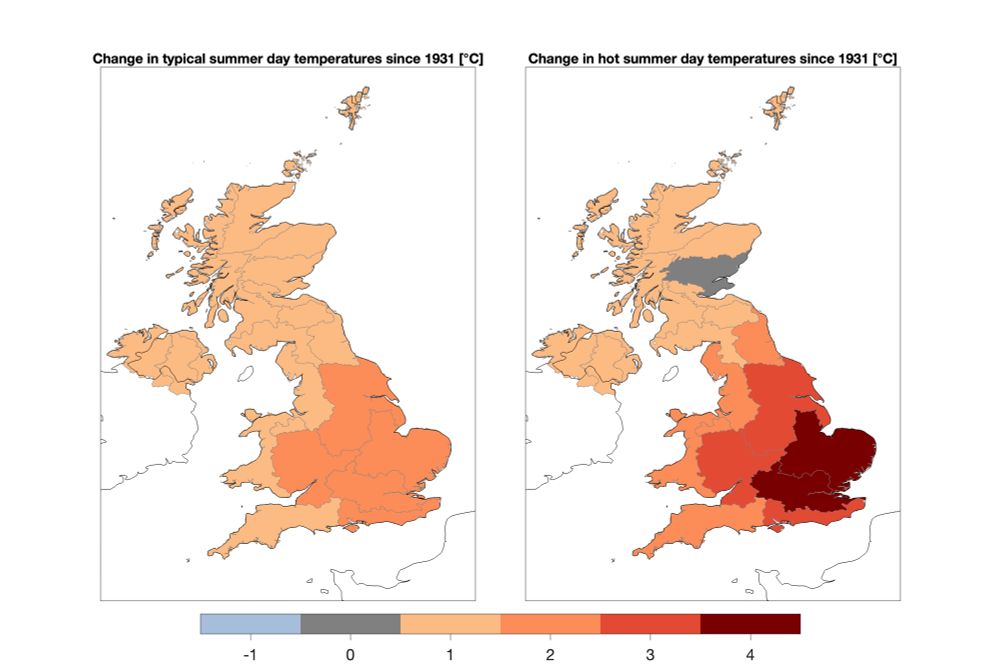
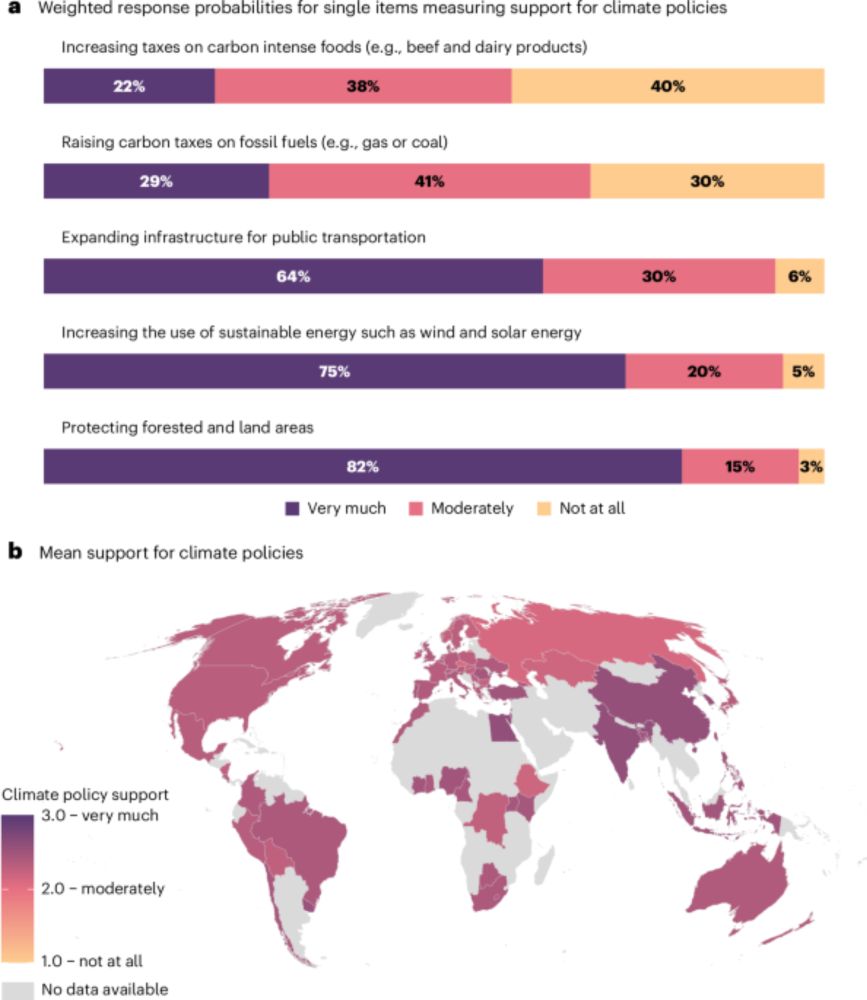
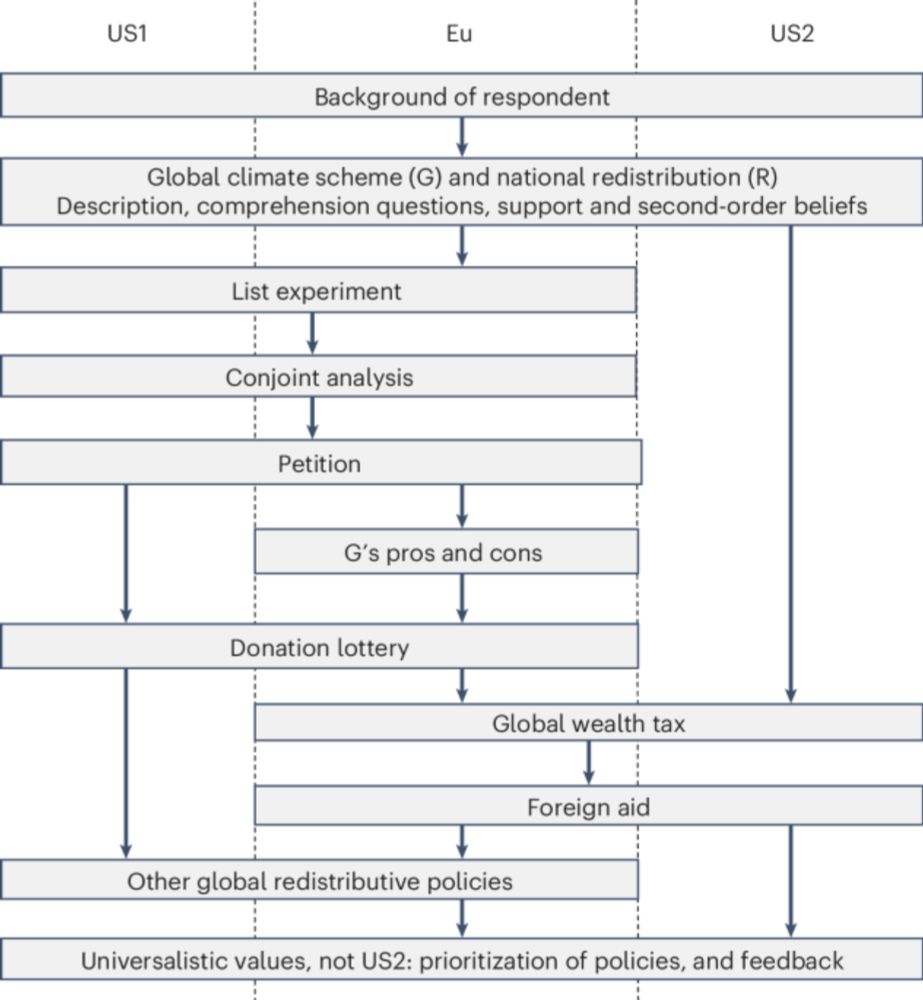

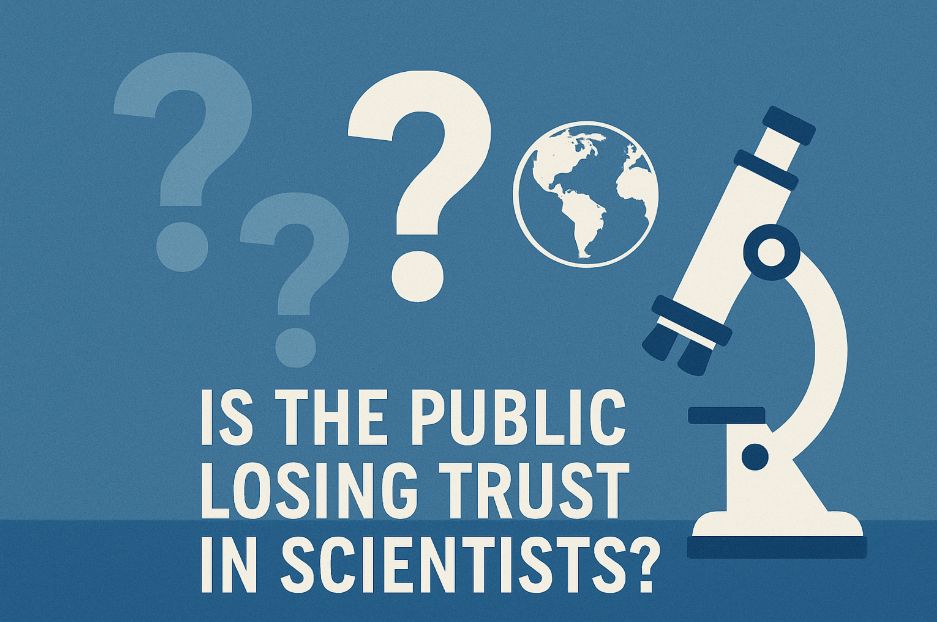


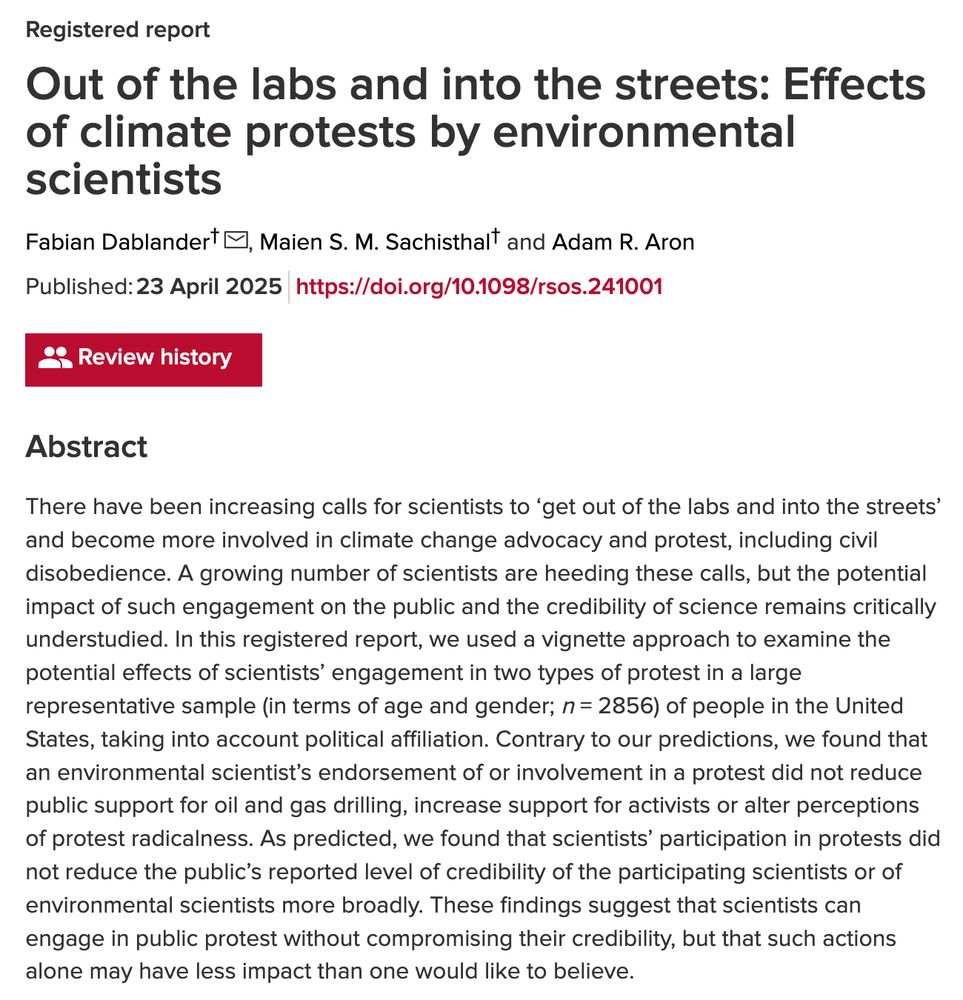
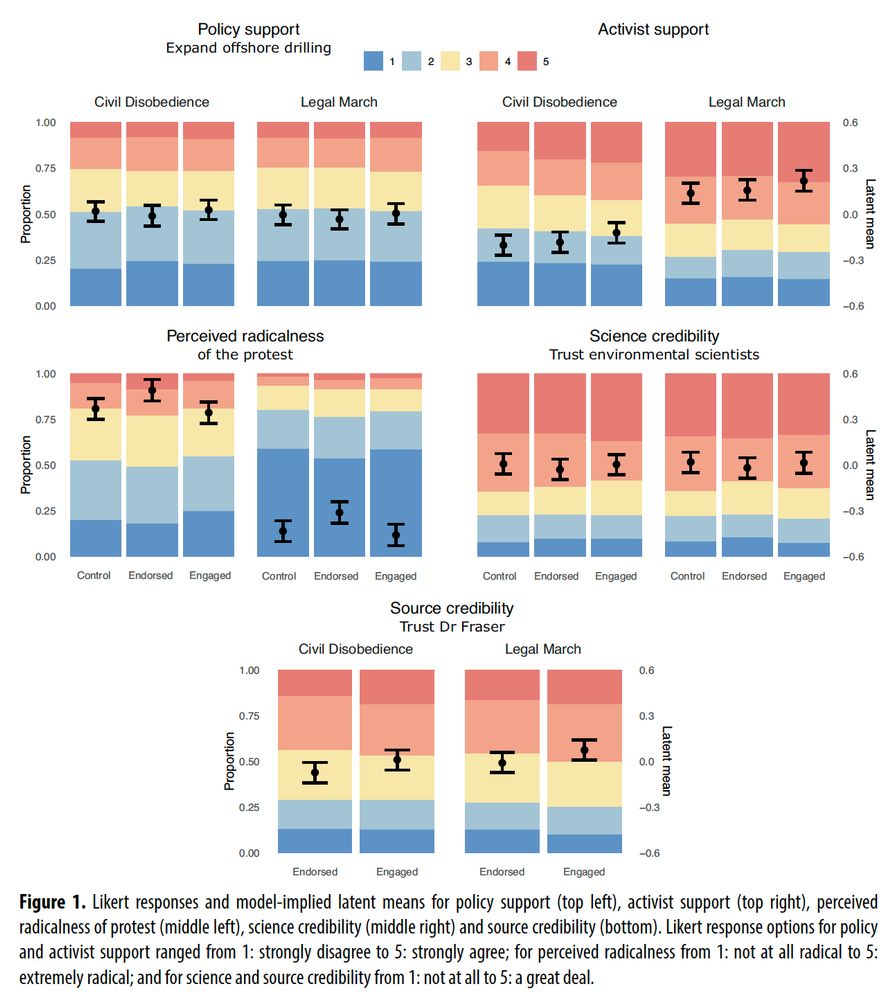


![Bellefs and Knowledge about GDP Growth and Environment
Number of environmental issues named ot 0.046" (0.015)
Belief that climate change will bring major
negalive consequences to peopl n local community Ing 0.033(0.020)
Familiarity with groon growth Poe 0.012 (0.037)
Belief that biodivrsily oss wil bring major 5
negaiive consequences (0 people in focal community ag 0.008 (0.020)
Boliof hat global decoupling fom material and "
energy uses possible aa o.078° (0.017)
Boliof that global decoupling bofore 2°C warming -
s possible iret 0.095 0.018)
Sokal at economic growth + essential for . 0450 (0.018)
06 05 04 03 02 01 00 01 02 03 04 05
[Beliefs about potential of environmental problem mitigation measures
Non-violent civil disobedience ot 0.087 (0.016)
Voluntary consumption reduction of end-users eit 0016 (0016)
Environmental regulations —-— 0.002 (0016)
Social innovation re 0.040" 0.016)
Market based solutions eu 0426" (0.017)
Technological advances re 0.458" 0.017)
06 05 04 03 02 01 00 01 02 03 04 05
Socio-Demographic characteristics.
Gender: Self-described / not disclosed — 0.260 (0.156)
Gender: Female a] 0.087" (0.033)
Continent: Oceania ———i 0074 (0.062)
Continent: Africa ei 0.066 (0.117)
Hindox —— 0.008 (0019)
Age —— 0002 0.018)
Living area: Urban ——i 0035 (0.037)
Roligiousness rot 0036" 0.015)
Continent: North America a] 0037 (0.036)
Continent: South America ——— 0045 (0.068)
Political orientation (left-right) a 0.069" (0.017)
Scientific fold: Economist —— 0.422 0.034)
Continent: Asia ——— 0.122" (0.055)
Career stage: 0-5 years after PhD. ———— 0.150 (0.080)
Career stage: 6+ years after PhD —— 0.218" (0.077)
06 05 04 03 02 01 00 01 02 03 04 05](https://cdn.bsky.app/img/feed_thumbnail/plain/did:plc:66lbtw2porscqpmair6mir37/bafkreihlojfazfkwpw5vulvipnciq6h54b2rtckzryg3e5xvgfg4lwufma@jpeg)